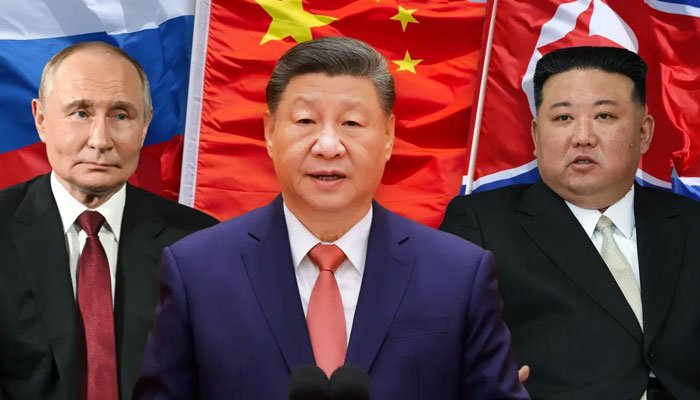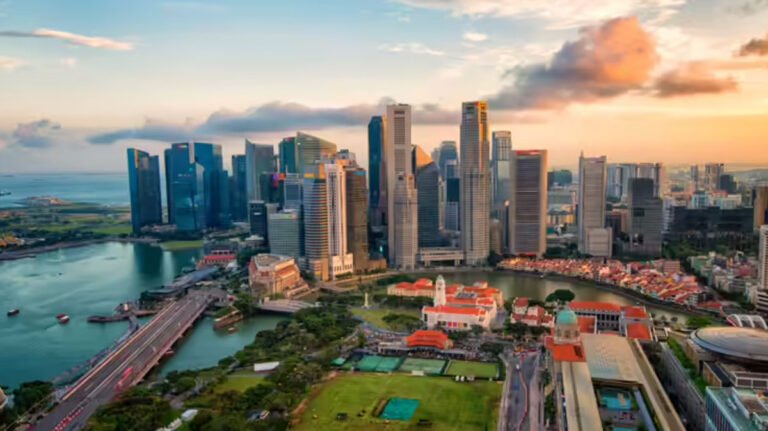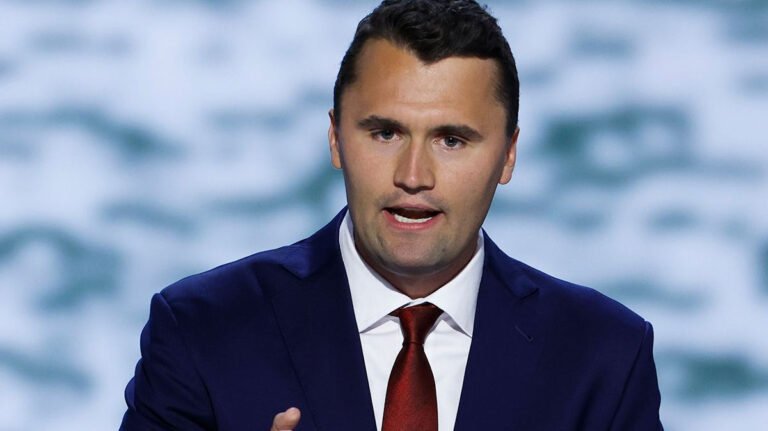Beijing Summit Signals Growing Alliance Between China, Russia & North Korea. Chinese President Xi Jinping welcomed Russian President Vladimir Putin and North Korean leader Kim Jong Un to Beijing on Tuesday, in an unusual three-way gathering seen as a challenge to Western influence and unity.
While PM Modi also turns to India: What’s Next for India-China Ties After US Rift? Indian Prime Minister Narendra Modi and Chinese President Xi Jinping have pledged to improve bilateral relations and deepen trade and investment cooperation.
Xi hosted Putin for official talks at the Great Hall of the People, then invited him to his private residence, where he called the Russian president an “old friend.” Hours later, Kim’s armored train reportedly arrived in the Chinese capital.
The three leaders are due to appear together on Wednesday at a major military parade to mark the 80th anniversary of Japan’s surrender in World War II. Analysts say the event underscores Xi’s vision for a “new world order” as tensions with the West escalate.
Closer defence ties on the table

The Beijing summit comes just months after Russia and North Korea signed a mutual defence treaty, and as China deepens energy and security ties with Moscow. Russia’s Gazprom and China National Petroleum Corporation inked a deal on Tuesday for increased gas supplies and a planned pipeline that could fuel China for the next 30 years.
Experts warn that the parade could signal closer military cooperation between the three states. “Trilateral military exercises between Russia, China and North Korea seem nearly inevitable,” wrote Youngjun Kim, an analyst with the U.S.-based National Bureau of Asian Research.
Kim Jong Un’s high-stakes diplomacy

For Kim, the parade represents his largest diplomatic stage yet. North Korea has reportedly sent 15,000 troops to support Russia’s war in Ukraine, and South Korean intelligence estimates at least 600 have died in fighting in the Kursk region.
Ahead of his China visit, Kim inspected a missile laboratory – a move analysts described as a calculated show of strength, positioning himself as a nuclear power before standing alongside Xi and Putin.
Western concerns grow
Xi’s sharp remarks at a summit of non-Western leaders on Monday, urging nations to resist “hegemonism and power politics” – were widely seen as a swipe at Washington.
The gathering also comes as US President Donald Trump seeks to highlight his peacemaking credentials despite Russia’s ongoing war in Ukraine. Any sign of a tighter Moscow-Beijing-Pyongyang axis could undercut those claims and deepen Western concerns about a new bloc of military power in Asia.
China’s “Victory Day” parade will showcase advanced military hardware to an estimated 50,000 spectators. Organisers also plan to release 80,000 peace doves during the event, even as global alarm mounts over the trio’s closer alignment.





